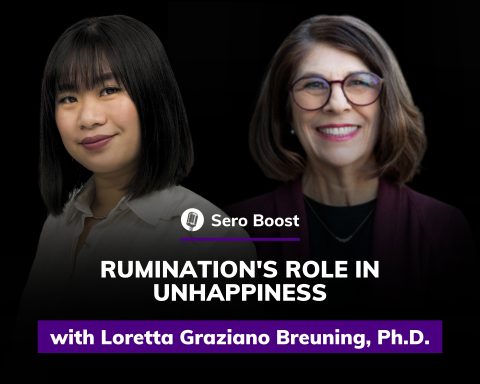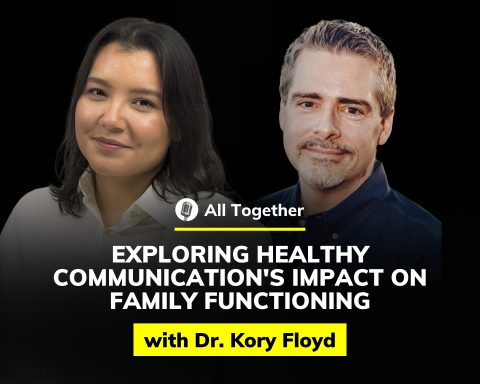Family structures have drastically changed, given the advances in society and how they have made traditional gender roles less strict. This change cultivated more changes in the dynamics of an ideal family depending on upbringing and personal circumstances.
Join Dina Sargeant and Gabriella Joustra as they trace the historical transition from large families to nuclear families, exploring how family structures can differ, such as in cases of divorced parents.
Meet Gabriella Joustra
Gabriella Joustra is a journalism and psychology graduate. She was born and is currently living in Australia, but she grew up in four different countries, including Hong Kong, Monaco, and Aotearoa/New Zealand. Gabriella was first introduced to podcasts in an audio journalism class, but she officially joined the medium when she found Welcome to Nightvale on Tumblr.
She has done two short internships for ABC Radio and 3AW, volunteered on SYN (briefly) and Joy 94.9 (remotely), and made a podcast episode about roller derby for All The Best. She also has a blog about sewing and has made two sewing videos.
About the episode
In this episode of All Together, Gabriella Joustra discusses the historical shift in family dynamics from larger families to nuclear families. She also sheds light on how parents who work while having children are judged. Gabriella shares personal experiences about her upbringing and how it has shaped her views on family dynamics.
According to Gabriella, the definition of family goes beyond the traditional instant family or nuclear family. She perceives family as a foundational influence on people’s personal beliefs and behaviors. An ideal family for Gabriella is one where the members share their evolving perceptions over time.
Gabriella draws attention to the influence of economic factors and changing cultural norms on family structures. For her, a family should give space to both partners to have an equal say, share responsibilities, and support each other’s choices.
Gabriella touches upon personal experiences, where personal family dynamics and parents’ relationships have a great influence on a person’s perspective of family. She also advocates trust, open communication, and shared responsibilities in a family, emphasizing that families should nurture love and respect by promoting equal partnerships and allowing personal growth and flourishing.
According to Gabriella, family dynamics change as children approach adulthood, as the relationship evolves from a parent-child relationship to a more equal, roommate-like dynamic. However, she encourages people to enjoy and make the most out of their present situations. During the episode, Gabriella tackles the influence of culture and films on their perception of family dynamics.
Towards the end of the conversation, Gabriella explores the concept of the idealized white picket fence family that is usually seen in the media. She ends the episode with a note that people’s understanding of this topic is considered limited, encouraging further discussion to explore its origins and evolution.
In conclusion
This episode explores the historical shift to nuclear families, highlighting the challenges in balancing work and childcare and the evolving definition of family. It also emphasizes the significance of equal partnerships, open communication, and the impact of cultural influences and films on family dynamics. It gives valuable insights and food for thought about evolving family dynamics.
Be the first to see our next episode. Follow us on social media to stay updated:
You can also subscribe and listen to the show on your preferred podcasting platforms:




